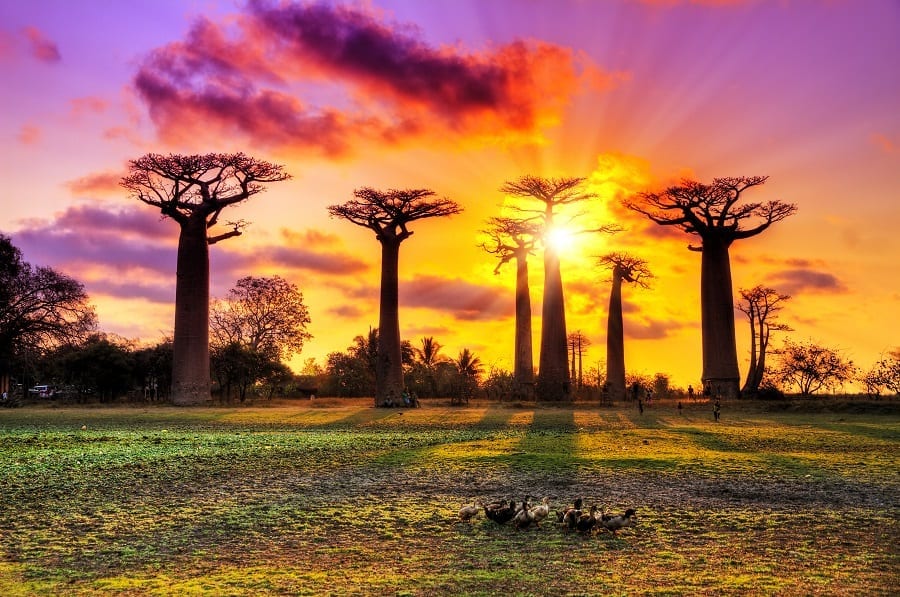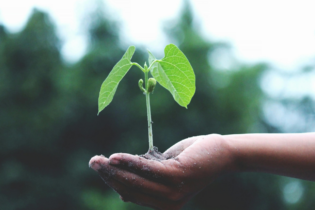
South Africa is committed to sustainable and climate smart development, says Environmental Affairs minister Edna Molewa.
“South Africa’s short, medium and long-term vision is to contribute towards an environmentally sustainable, climate change resilient, low carbon economy and just society,” Molewa said at a recent BRICS meeting in China.
The National Development Plan (NDP) is South Africa’s blueprint to eliminate poverty and reduce inequality by 2030. Molewa said the plan, which contains 17 Sustainable Development Goals (SDGs) and targets, is something that acutely highlights the “scale and ambition of the new universal climate agenda”.
“They [SDGs] are integrated and indivisible, and balance the three dimensions of sustainable development: the economic, social and environmental dimensions,” she said.
She added that South Africa has also adopted the Climate Change Response Policy. The policy represents South Africa’s vision for an effective climate change response, and its long-term transition to a climate resilient and lower carbon economy and society.
BRICS Ministers’ Forum
The recent meeting was an opportunity to deliberate on the implementation, financing and creation of an enabling environment for the 2030 Agenda for Sustainable Development and emerging global environmental issues.
Molewa said emphasis must be placed on the importance of implementing the SDGs, as well as financial assistance for developing countries through Official Development Assistance (ODA).
She reiterated that it was important that developed countries continue to honour their historic obligations and responsibilities.
“We must work together in mobilising sufficient, adequate and predictable financial resources for the implementation of the SDGs,” she said. “Without the means of implementation, we will not be able to achieve much. The adoption of the SDG indicators and work plan will be a significant step on the way-forward on tracking the implementation of the SDGs.”
According to the Department of Environmental Affairs, the 2030 Agenda for Sustainable Development and Africa’s Agenda 2063 will not be achieved if natural resources are not protected, managed and utilised sustainably.
BRICS agreements
Molewa welcomed the agreement at the BRICS meeting to develop clearly defined programmes, such as the BRICS Clean Rivers Umbrella Programme.
The BRICS Ministers of environment also adopted the Partnership for Urban Environmental Sustainability Initiative (PUESI).
PUESI identifies water and air pollution prevention, waste management, spatial planning and mobility as priority areas for cooperation.
The partnership aims to promote sustainable development in urban areas aiming to build a knowledge hub in order to facilitate the sharing of policies and best practices for urban sustainability. It also aims to provide an interface for information exchange and communication between suppliers and users of environmentally friendly technologies and products.
Molewa said if the initiative is implemented in a holistic manner, it has the potential to contribute significantly to the reduction of pollution and waste.
The ministerial meeting also discussed the issue of drought and desertification, and continued commitment to the United Nations Convention to Combat Desertification (UNCCD) to mitigate the effects of drought in vulnerable countries, particularly in Africa.








